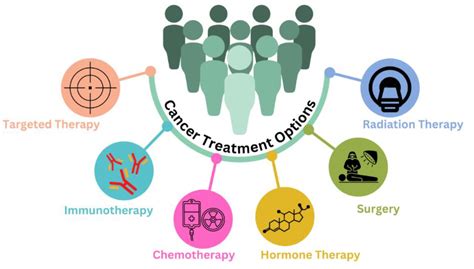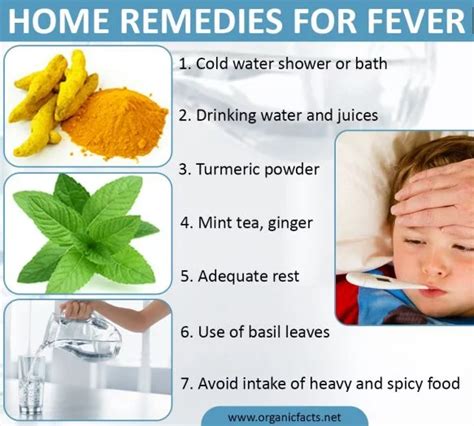Intro
Discover 5 effective ways to treat strep throat, including antibiotics, home remedies, and natural treatments, to alleviate symptoms and prevent complications, promoting a speedy recovery from strep infection.
Strep throat, also known as streptococcal pharyngitis, is a highly contagious infection caused by the group A Streptococcus bacteria. It is a common condition that affects people of all ages, but it is most prevalent among children and adolescents. The symptoms of strep throat can be uncomfortable and painful, making it essential to seek medical attention for proper diagnosis and treatment. In this article, we will discuss the importance of treating strep throat and the various ways to treat the condition.
Strep throat can lead to complications if left untreated, such as kidney inflammation, rheumatic fever, and abscesses. Therefore, it is crucial to recognize the symptoms and seek medical attention as soon as possible. The symptoms of strep throat can include a sore throat, fever, swollen lymph nodes, and white patches on the tonsils. A healthcare professional can diagnose strep throat using a rapid strep test or a throat culture.
Early treatment of strep throat can help alleviate symptoms, reduce the risk of complications, and prevent the spread of the infection to others. There are several ways to treat strep throat, including antibiotics, home remedies, and lifestyle changes. In the following sections, we will discuss the different ways to treat strep throat and provide tips on how to manage the condition.
Understanding Strep Throat

Causes and Risk Factors
The causes of strep throat include close contact with an infected person, poor hygiene, and a weakened immune system. The risk factors for strep throat include age, with children and adolescents being more susceptible to the infection. Other risk factors include poor air quality, allergies, and a family history of strep throat.Treatment Options for Strep Throat

Antibiotics for Strep Throat
Antibiotics are the primary treatment for strep throat. The most commonly prescribed antibiotics for strep throat include amoxicillin, penicillin, and azithromycin. It is essential to complete the full course of antibiotics as prescribed by a healthcare professional, even if symptoms improve before finishing the medication.Home Remedies for Strep Throat

- Gargling with salt water to reduce inflammation and kill bacteria
- Using a humidifier to add moisture to the air and soothe a sore throat
- Drinking plenty of fluids, such as water and tea, to stay hydrated
- Eating soothing foods, such as soup and yogurt, to reduce discomfort
- Getting plenty of rest to help the body recover from the infection
Lifestyle Changes for Strep Throat
Making lifestyle changes can also help manage the symptoms of strep throat. These include:- Practicing good hygiene, such as washing hands frequently and avoiding close contact with others
- Avoiding sharing food or drinks with others
- Staying home from work or school to prevent the spread of the infection
- Avoiding smoking and secondhand smoke, which can irritate the throat and worsen symptoms
Complications of Untreated Strep Throat

Preventing Strep Throat
Preventing strep throat is essential to reducing the risk of complications and the spread of the infection. Prevention methods include practicing good hygiene, avoiding close contact with others, and staying home from work or school when symptoms appear.Conclusion and Next Steps

We invite you to share your thoughts and experiences with strep throat in the comments below. If you have any questions or concerns about the condition, please do not hesitate to reach out to a healthcare professional. Additionally, if you found this article helpful, please share it with others to help raise awareness about the importance of treating strep throat.
What are the symptoms of strep throat?
+The symptoms of strep throat include a sore throat, fever, swollen lymph nodes, and white patches on the tonsils.
How is strep throat diagnosed?
+Strep throat is diagnosed using a rapid strep test or a throat culture.
What are the complications of untreated strep throat?
+The complications of untreated strep throat include kidney inflammation, rheumatic fever, and abscesses.
